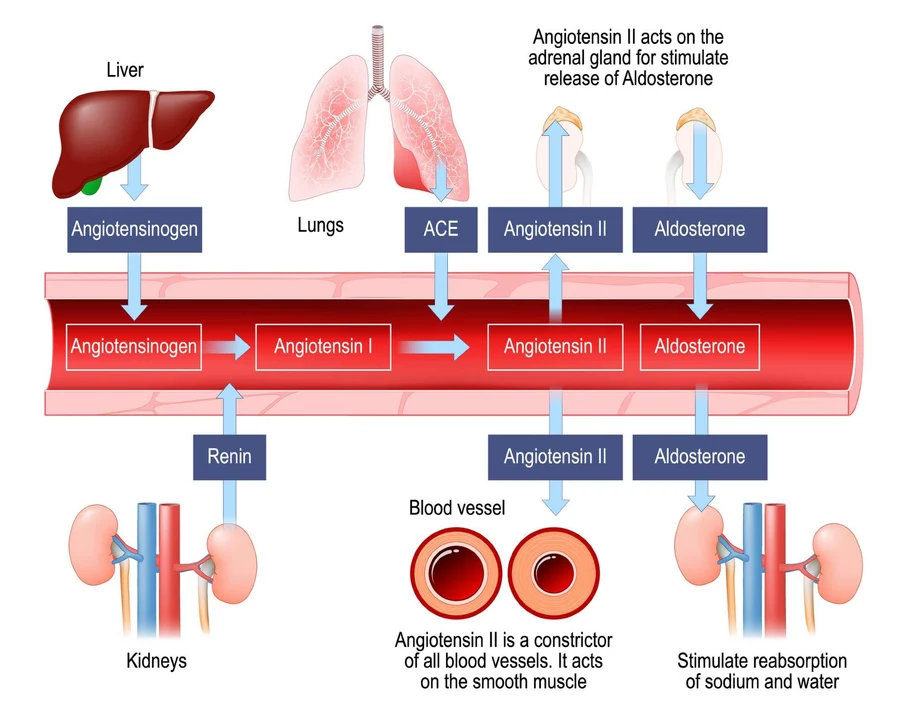Angiotensin receptor blocker (ARB): What they do and how to use them
Angiotensin receptor blockers, usually called ARBs, are medicines that lower blood pressure by blocking the action of angiotensin II on blood vessels. They relax arteries, reduce the workload on the heart, and can protect the kidneys in people with diabetes. Common examples include losartan, valsartan, irbesartan (Avapro), candesartan and olmesartan.
Doctors prescribe ARBs mainly for hypertension and heart failure, and to slow kidney damage in some people with diabetes. If you’ve been told you need a blood-pressure medicine but can’t tolerate an ACE inhibitor because of a dry cough, an ARB is often the next choice. ARBs and ACE inhibitors both affect the same hormone system but work differently; ARBs block the receptor while ACE inhibitors reduce the hormone’s production.
What to watch for
Side effects are usually mild. Expect possible dizziness, tiredness, or headache when you start treatment. A less obvious risk is raised potassium (hyperkalemia), so your doctor will check blood tests. Serious allergic reactions and angioedema are rare but need urgent care. Important: ARBs should not be used during pregnancy — they can harm the fetus.
Before starting an ARB, your provider will check kidney function and potassium. After the dose begins or changes, expect follow-up blood tests within a few weeks. If you have low blood pressure, severe kidney disease, or are taking potassium supplements or potassium-sparing diuretics, tell your clinician — dose changes or extra monitoring may be needed.
Practical tips for taking ARBs
Take your ARB at the same time each day. If you feel dizzy when getting up, stand slowly and sit for a moment before walking. Don’t stop an ARB suddenly without talking to your doctor — stopping can raise blood pressure. If you miss a dose, take it when you remember unless it’s almost time for the next one; don’t double up.
Thinking of buying ARBs online? Always use a licensed pharmacy that requires a prescription and shows clear contact details. Avoid sites selling prescription drugs without a doctor’s approval or offering suspiciously low prices. Check pharmacy reviews, secure payment pages, and shipping policies. If you’re in doubt, ask your healthcare provider for a recommended source.
If you experience severe side effects like fainting, shortness of breath, swelling of face or throat, or very low urine output, seek emergency care. For most people, ARBs are an effective and well-tolerated option to control blood pressure and protect the heart and kidneys when used under medical supervision.
Drug interactions matter: NSAIDs can reduce how well ARBs lower blood pressure and raise kidney risk, especially if you’re dehydrated. Combining ARBs with potassium supplements, potassium-sparing diuretics, or lithium increases the chance of high potassium or lithium toxicity. Always give your full medication list — includes over-the-counter painkillers, herbal products, and vitamins — to the prescriber. If you change other drugs or start a new supplement, check with your clinician before taking both together. Ask questions until you understand your plan and keep notes.
How Telmisartan Improves Endothelial Function
In my latest blog post, I discussed the impressive benefits of Telmisartan in improving endothelial function. Telmisartan, an angiotensin II receptor blocker (ARB), has been shown to significantly enhance blood flow and circulation by reducing inflammation and oxidative stress. This, in turn, leads to better vascular health and overall cardiovascular function. Additionally, Telmisartan has the potential to lower blood pressure and prevent heart-related complications. It's crucial to consult with a healthcare professional before starting any treatment, but it's exciting to see the promising effects of Telmisartan on our body's vascular system.
© 2026. All rights reserved.

